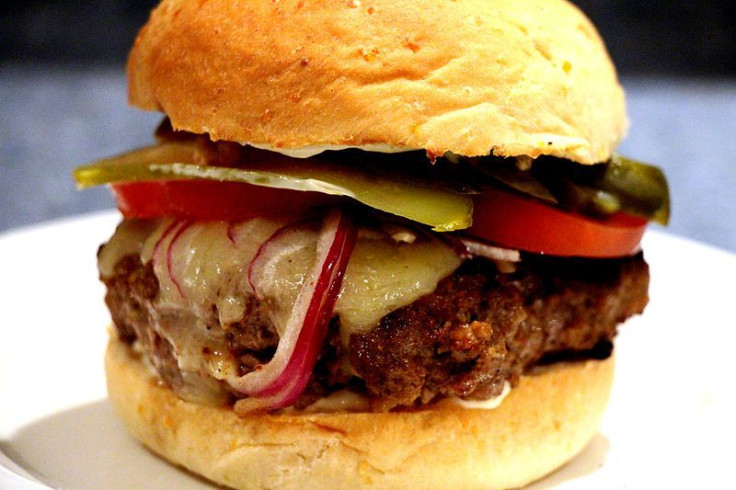Restaurants Might Start To Serve Lab-Grown Burgers By The Year 2020

Burgers grown in a laboratory by a team of Dutch scientists are expected to hit the market in the next five years. The team, motivated by the increased global demand of meat, have set up a company called “Mosa Meat” to manufacture tastier and cheaper version of the lab-grown burgers. Mosa Meat is headed by Peter Verstrate.
The first prototype of a lab-grown burger was created almost three years ago by researchers at the Maastricht University. The burger costing nearly $333,000 was made using the stem cells taken from a cow.
It was cooked and eaten in London for the first time. Critics said that although the lab-grown material was close to the meat, it was not that juicy and did not entirely resemble the natural beef patty.
In an interview with the BBC, Verstrate revealed that the company Mosa Meat has been co-founded by Mark Post, the professor who first produced the lab-grown burger. He further said they have been working collaboratively to produce a tastier version of what was produced earlier.
"I feel extremely excited about the prospect of this product being on sale. And I am confident that when it is offered as an alternative to meat that increasing numbers of people will find it hard not to buy our product for ethical reasons," said Verstrate. "I am confident that we will have it on the market in five years."
During the initial research, Post and his team extracted the stem cells from a cow muscle and cultured them with nutrients. The multiplied cells were then separated into small petri dishes, where they multiplied further to form thin strips of cultured muscles. The strips were mixed with fat and put together to produce lab-grown meat patty.
© Copyright IBTimes 2025. All rights reserved.



















